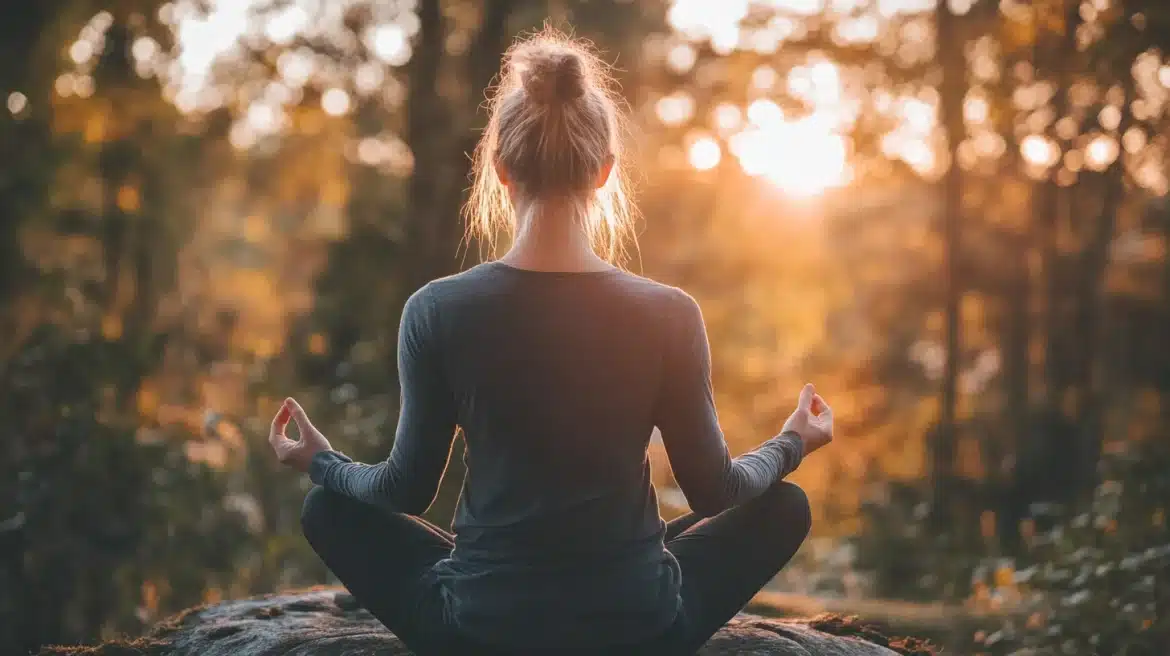Taking that first step toward recovery is a huge accomplishment. It’s not easy, and you overcome a lot during recovery. But the journey doesn’t end when you leave treatment; staying healthy and sober is a lifelong process.
That’s where aftercare comes in. You might wonder what aftercare is and why it is so important. So, here is your guide to understanding how aftercare gives you the tools and support to continue your recovery and build a healthier, happier life.
What is aftercare?
Aftercare refers to the support and services provided after you complete your initial addiction treatment or rehab program, such as the comprehensive programs offered by centres like Clinic Les Alpes. It ensures you have the tools and support to maintain your sobriety. Aftercare can include therapy sessions, support groups, sober living arrangements, and more.
Why does aftercare matter?
You’ve probably heard about the risk of relapse. The truth is, addiction doesn’t just go away after detox or a 28-day rehab stay. Without aftercare, the chances of going back to old habits increase.
Here’s why aftercare is essential:
- Once you leave a supportive rehab center environment, life can feel exhausting. Aftercare ensures you still have people to talk to when things get tough.
- Addiction often thrives on isolation. Aftercare programs surround you with supportive people who understand what you’re going through.
- Aftercare helps you keep practicing those skills, so they become second nature.
Common Aftercare Programs and Their Benefits
Aftercare is a personalised program designed to meet your specific needs. Let’s explore some common types of aftercare programs and how they can help you stay healthy.
1. Counselling and Therapy
Even after rehab, therapy is crucial. Addiction is often tied to deep-rooted emotional issues, past trauma, or mental health conditions like depression or anxiety. Talking to a professional regularly helps you deal with underlying issues that trigger cravings or lead to relapse. Therapy sessions can be one-on-one or in group settings. You’ll discuss your feelings, challenges, and progress.
2. Support Groups
Support groups provide a network of people who understand exactly what you’re going through. Hearing from others in recovery can be a huge motivator. You’ll find comfort in knowing you’re not alone in your journey. Support group meetings usually involve sharing your experiences, listening to others, and receiving advice.
3. Sober Living Homes
If returning to your regular environment feels overwhelming, a sober living home can be a great option. Sober living homes keep you in a safe, controlled environment while allowing you to reintegrate into daily life slowly. You’ll have house rules, responsibilities, and the support of others, as well as recovery. You’ll live with others in recovery and must follow house rules (like curfews or attending support meetings).
4. Aftercare Check-Ins
Some rehab programs offer regular check-ins after you leave. It could be through phone calls, video chats, or in-person meetings. These check-ins ensure you’re doing well and offer a lifeline if you’re struggling. It gives you someone to turn to if you’re feeling vulnerable. You’ll know that support is just a phone call away. Check-ins can be scheduled or happen as needed. You can talk about your feelings and struggles or ask for advice when you hit a rough patch.
5. Relapse Prevention Programs
These programs are specifically designed to help you avoid the things that lead to relapse. You’ll learn more about your triggers and high-risk situations and how to manage them. The more you know about what can cause a relapse, the better you’ll be at avoiding it. You’ll attend workshops, classes, or one-on-one sessions focused on helping you recognize the warning signs of relapse and learn new coping strategies.
Final Thoughts
Addiction recovery doesn’t end when you walk out of a rehab facility. That’s where the real work begins. Aftercare will be there for you to help you grow, stay fit, and live an enjoyable, addictive lifestyle. Adopt it, and you’ll be setting yourself up for success in the long run. So, with these strategies in mind, you can avail yourself of quality aftercare for all your recovery goals.

